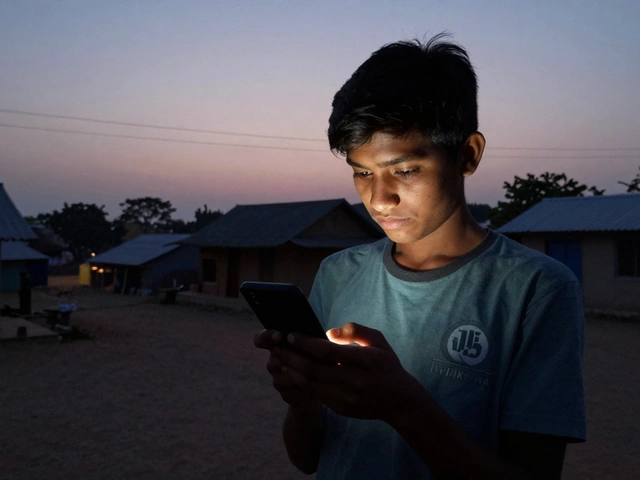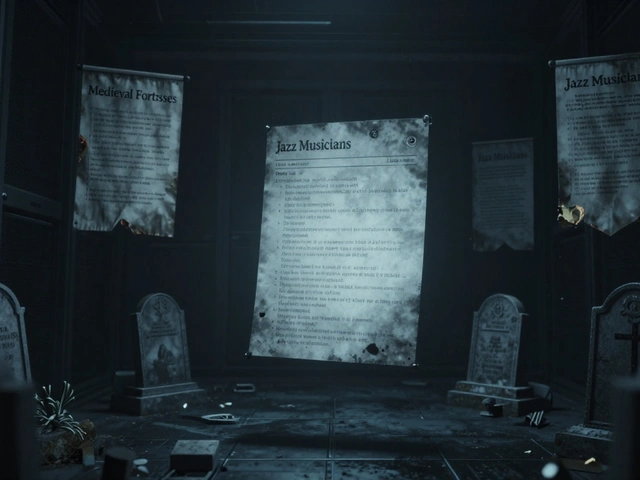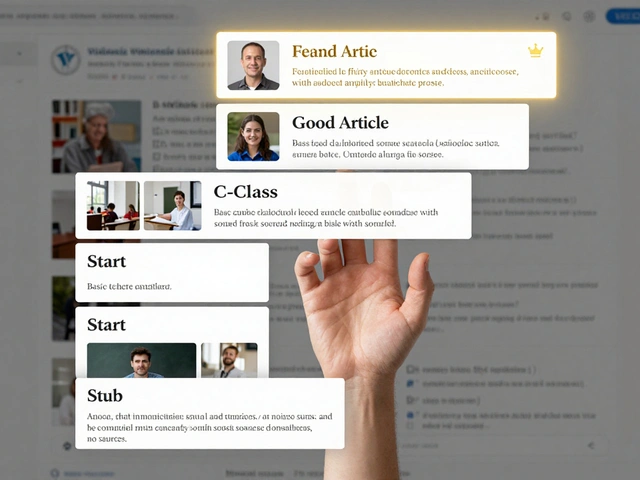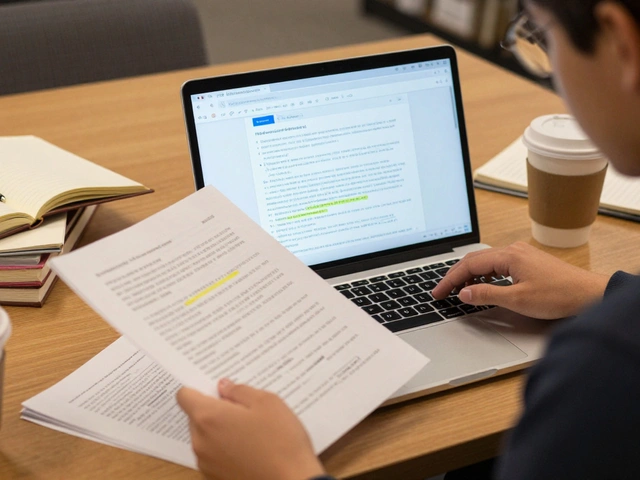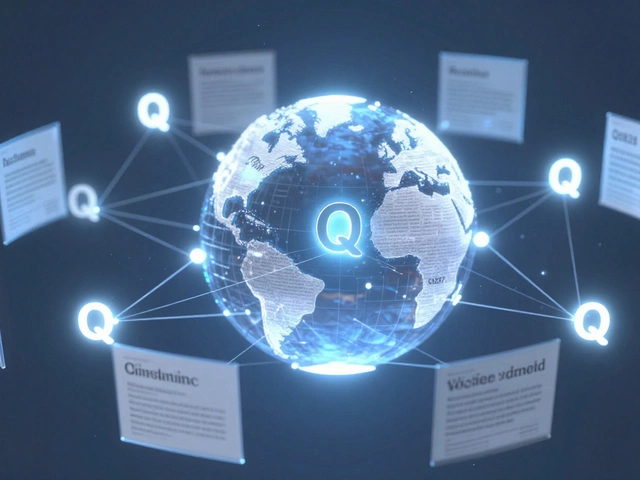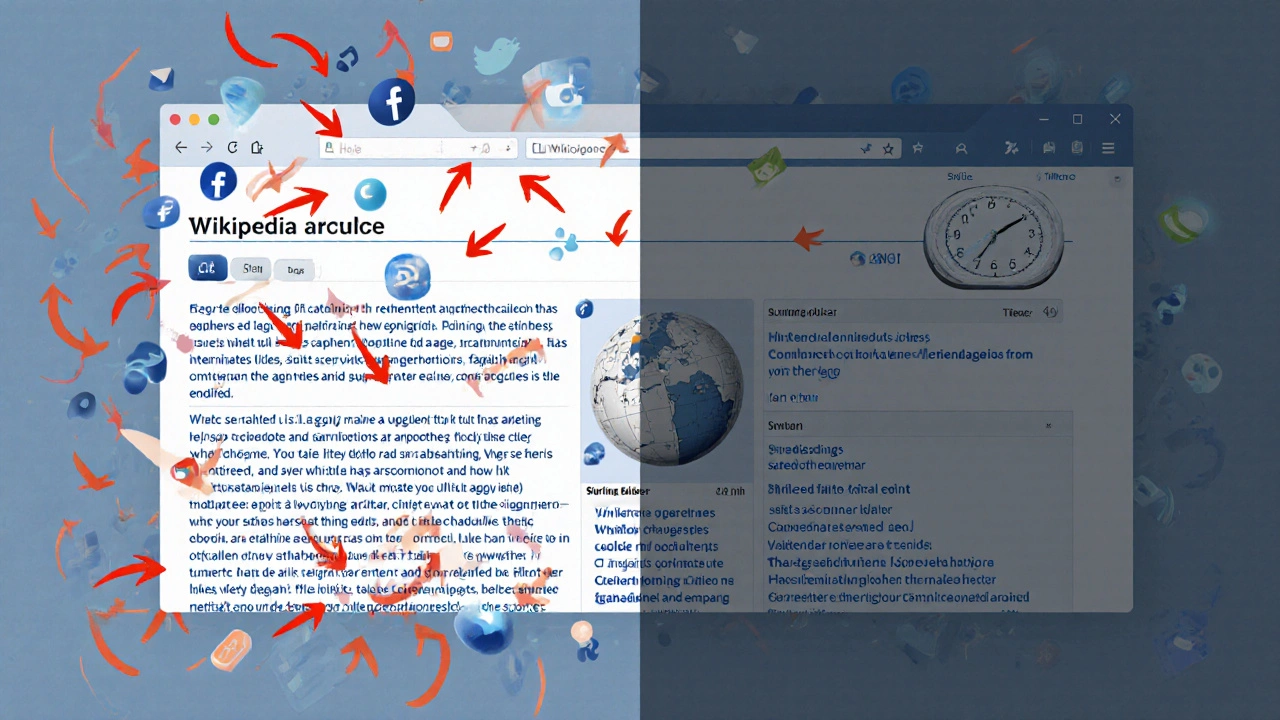
Wikipedia isn’t perfect. Even the most well-known articles on breaking news can end up with conflicting facts, biased language, or outright misinformation. When that happens, the fix isn’t to edit the article blindly-it’s to go to the talk page. Talk pages are where real resolution happens on Wikipedia. They’re not just comment sections. They’re the quiet engine behind accurate news reporting on the world’s largest encyclopedia.
Why Talk Pages Matter for News Accuracy
News events move fast. A breaking story might get edited by ten people in an hour, each with their own version of what happened. One editor adds a quote from a tweet. Another removes it because the source isn’t verified. Someone else rewrites a headline to sound more dramatic. Without a place to discuss these changes, the article becomes a battleground, not a reference.
Talk pages stop that. Every Wikipedia article has a corresponding talk page-just click the "Talk" tab at the top. That’s where editors debate what belongs in the article and why. For news content, this is critical. The article itself must reflect verifiable facts from reliable sources. The talk page is where you prove those sources are solid.
Take the 2024 U.S. presidential election results. In the hours after key states were called, dozens of edits flooded in-some based on early exit polls, others on unverified social media claims. The article’s talk page became the only place where editors could cite official state certification documents, compare AP and Reuters reports, and agree on what was confirmed. Without that discussion, the article would’ve been a mess of rumors.
How to Start a Discussion on a Talk Page
You don’t need to be an expert to fix disputed news content. You just need to know how to ask the right questions.
- Go to the article’s talk page. Look for existing threads on the topic. If one already exists, add your point there.
- If there’s no thread, start a new one. Use a clear, neutral title like: "Concerns about sourcing in section on [event]."
- Use bullet points. List each specific issue: "The claim that X happened on Y date comes from a blog post. Is this a reliable source?"
- Link to the exact version of the article you’re talking about. Use the "permalink" link under "View history." This avoids confusion over which edit you mean.
- Cite sources. Don’t just say "this is wrong." Say: "The Associated Press reported Z on [date]. The article currently says Y. Which is correct?"
Don’t argue. Don’t accuse. Don’t say "you’re wrong." Say: "Can we check this against [official report]?" Editors respond better to questions than commands.
What Counts as a Reliable Source for News?
Wikipedia has strict rules about sources. For news content, only certain types qualify.
- Primary sources: Official statements from governments, courts, or institutions. These are gold. If a city releases a press statement, cite it.
- Established news organizations: Reuters, AP, BBC, The New York Times, The Guardian, Le Monde. These have editorial standards and fact-checking.
- Academic journals: For analysis of events, peer-reviewed studies are trusted.
- Not reliable: Blogs, social media, opinion columns, partisan outlets, or anonymous sources. These can be mentioned-but only as examples of what’s being disputed, not as proof.
Here’s a real example: In 2023, an article on a major wildfire claimed the fire was caused by "a drone operated by activists." The claim came from a viral TikTok video. An editor added a note to the talk page: "TikTok is not a reliable source. The California Department of Forestry and Fire Protection stated the cause was under investigation. Until they confirm, we should say 'cause unknown.'" Within 48 hours, the article was updated. The TikTok claim was moved to a "Controversy" section, labeled clearly as unverified.

Dealing with Edit Wars and Stubborn Editors
Not everyone agrees. Some editors have strong opinions. Others just don’t check sources. When a dispute turns into an edit war-where the same change is made and undone repeatedly-it’s time to escalate.
First, stop editing the article. Go back to the talk page. Post: "This section has been reverted three times in the last 24 hours. Can we get a second opinion?"
Then, use Wikipedia’s formal dispute resolution tools:
- Request for Comment (RfC): Post a link to the talk page on the RfC noticeboard. Other editors review the dispute and vote on what’s accurate.
- Mediation: If the RfC doesn’t help, request a neutral third party to mediate. This is common for politically sensitive topics.
- Administrator intervention: If someone is violating policy-like adding false claims repeatedly-an admin can temporarily lock the page to prevent further edits.
These aren’t punishments. They’re fairness tools. The goal isn’t to silence anyone-it’s to make sure the article reflects what reliable sources say, not what one person believes.
Real Cases Where Talk Pages Fixed News Errors
Here are three real examples from 2024:
- France’s 2024 parliamentary election: An article claimed a far-right party won a majority. The talk page showed multiple sources-Le Monde, AFP, and the Interior Ministry-all said they fell short. The article was corrected within hours.
- Canadian wildfires: A headline said "over 1 million homes destroyed." The talk page revealed the number was actually "over 1 million acres burned." The wording was changed to avoid panic and inaccuracy.
- Death of a celebrity: Rumors spread online that a singer had died. The article’s talk page became a hub for checking obituaries from trusted outlets. When none appeared, the article was updated to "rumors unconfirmed." Later, when the death was verified, it was added with a citation from the family’s official statement.
In each case, the fix didn’t come from one editor. It came from a conversation.
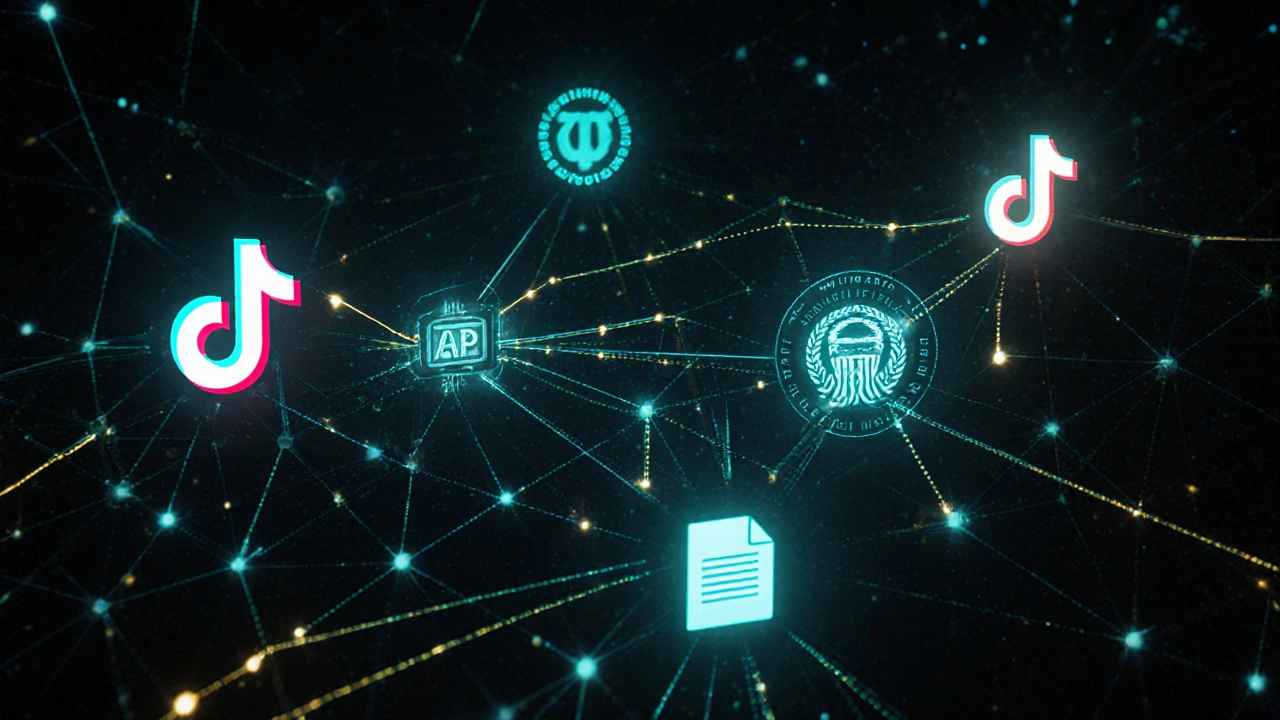
How to Be a Good Talk Page Contributor
You don’t need to be a veteran editor to help. Here’s how to make your contributions count:
- Be patient. Discussions can take days. Don’t expect instant answers.
- Be specific. Don’t say "this is biased." Say: "The phrase 'allegedly' appears three times here, but the source is a court document that confirmed it. Remove 'allegedly.'"
- Be polite. A simple "Thanks for your work on this" goes a long way.
- Follow up. If no one replies in 48 hours, gently bump the thread: "Just checking in-any updates on the sourcing?"
- Don’t edit in silence. If you fix something, leave a note on the talk page: "Updated with AP report from [date]." This builds trust.
Wikipedia’s strength isn’t in its algorithms or bots. It’s in its people. And the talk page is where those people connect.
What Happens When Talk Pages Are Ignored?
When editors skip the talk page and just edit the article, bad things happen.
Look at articles on controversial political events. If editors ignore the talk page and push their version without discussion, the article becomes unstable. Readers notice. They see conflicting versions in the history. They lose trust.
A 2023 study by the University of Oxford found that articles with active, documented talk page discussions had 68% fewer reverts and 42% higher reader satisfaction scores than those edited without discussion. The reason? Readers could see the evidence behind the changes.
Wikipedia isn’t a democracy. It’s a consensus-based system. And consensus only works when you talk.
Next Steps: How to Get Started
Want to help fix disputed news content on Wikipedia? Here’s what to do right now:
- Find an article on a recent news event you care about-something that’s been changing a lot.
- Click the "Talk" tab.
- Read the last five comments. Are there unresolved issues?
- If yes, add your own comment with a source. If no, find a recent edit that seems off and ask: "Can we verify this?"
You don’t need to fix everything. Just one clear, sourced comment can change the direction of an article. That’s how accuracy happens-not by one person shouting louder, but by many people asking better questions.
Can anyone edit Wikipedia talk pages?
Yes. You don’t need to be registered to post on talk pages, but registered users are taken more seriously. Anonymous edits are allowed, but they’re often ignored if they lack sources or sound confrontational. Creating a free account and signing your comments with four tildes (~~~~) makes your input easier to track and more credible.
What if I’m wrong about a source?
That’s okay. Wikipedia isn’t about being perfect-it’s about being correct. If someone corrects your source, thank them. Say: "Thanks for pointing that out-I’ll update my comment." Editors appreciate humility. In fact, admitting you were mistaken often builds more trust than pretending you were right.
Do talk pages work for breaking news?
Yes, and they’re essential. During fast-moving events, talk pages become real-time verification hubs. Editors from around the world compare reports from Reuters, AP, and official channels. The article may change multiple times in an hour, but the talk page keeps a record of why each change happened. That transparency is what makes Wikipedia reliable, even during chaos.
Can I use Wikipedia talk pages to promote my own news site?
No. Wikipedia strictly prohibits self-promotion. If you try to push your blog, podcast, or website as a source, your edits will be reverted and your account may be blocked. Talk pages are for citing established, independent sources-not for advertising.
How long does it take for a talk page discussion to resolve?
It varies. Simple fixes-like correcting a date or replacing a weak source-can be resolved in a few hours. Complex disputes, especially around politics or sensitive topics, may take days or weeks. If no one responds after 72 hours, use the Request for Comment tool to bring in more editors. Patience and persistence matter more than speed.
